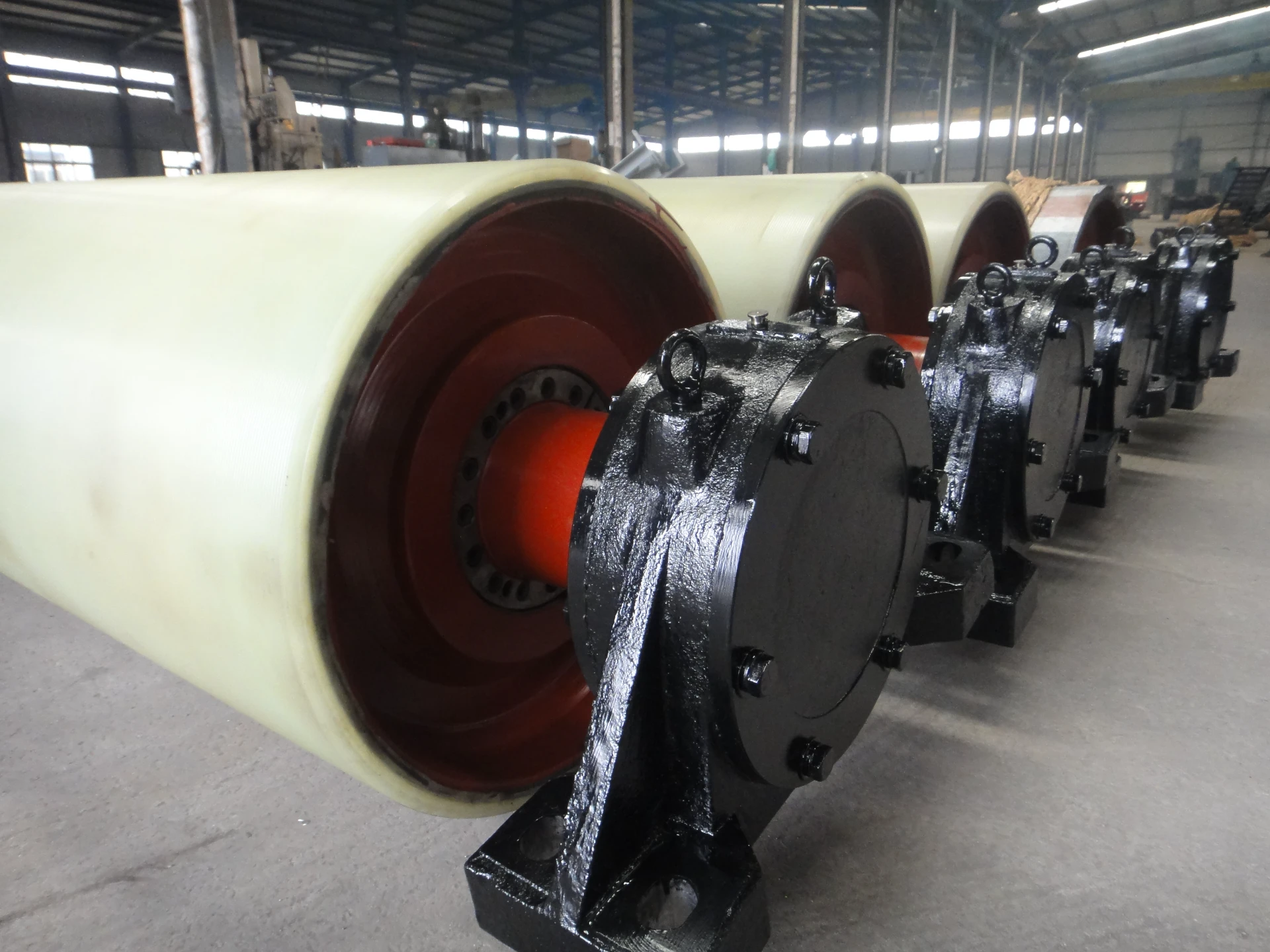 Afrikaans
Afrikaans  Albanian
Albanian  Amharic
Amharic  Arabic
Arabic  Armenian
Armenian  Azerbaijani
Azerbaijani  Basque
Basque  Belarusian
Belarusian  Bengali
Bengali  Bosnian
Bosnian  Bulgarian
Bulgarian  Catalan
Catalan  Cebuano
Cebuano  Corsican
Corsican  Croatian
Croatian  Czech
Czech  Danish
Danish  Dutch
Dutch  English
English  Esperanto
Esperanto  Estonian
Estonian  Finnish
Finnish  French
French  Frisian
Frisian  Galician
Galician  Georgian
Georgian  German
German  Greek
Greek  Gujarati
Gujarati  Haitian Creole
Haitian Creole  hausa
hausa  hawaiian
hawaiian  Hebrew
Hebrew  Hindi
Hindi  Miao
Miao  Hungarian
Hungarian  Icelandic
Icelandic  igbo
igbo  Indonesian
Indonesian  irish
irish  Italian
Italian  Japanese
Japanese  Javanese
Javanese  Kannada
Kannada  kazakh
kazakh  Khmer
Khmer  Rwandese
Rwandese  Korean
Korean  Kurdish
Kurdish  Kyrgyz
Kyrgyz  Lao
Lao  Latin
Latin  Latvian
Latvian  Lithuanian
Lithuanian  Luxembourgish
Luxembourgish  Macedonian
Macedonian  Malgashi
Malgashi  Malay
Malay  Malayalam
Malayalam  Maltese
Maltese  Maori
Maori  Marathi
Marathi  Mongolian
Mongolian  Myanmar
Myanmar  Nepali
Nepali  Norwegian
Norwegian  Norwegian
Norwegian  Occitan
Occitan  Pashto
Pashto  Persian
Persian  Polish
Polish  Portuguese
Portuguese  Punjabi
Punjabi  Romanian
Romanian  Russian
Russian  Samoan
Samoan  Scottish Gaelic
Scottish Gaelic  Serbian
Serbian  Sesotho
Sesotho  Shona
Shona  Sindhi
Sindhi  Sinhala
Sinhala  Slovak
Slovak  Slovenian
Slovenian  Somali
Somali  Spanish
Spanish  Sundanese
Sundanese  Swahili
Swahili  Swedish
Swedish  Tagalog
Tagalog  Tajik
Tajik  Tamil
Tamil  Tatar
Tatar  Telugu
Telugu  Thai
Thai  Turkish
Turkish  Turkmen
Turkmen  Ukrainian
Ukrainian  Urdu
Urdu  Uighur
Uighur  Uzbek
Uzbek  Vietnamese
Vietnamese  Welsh
Welsh  Bantu
Bantu  Yiddish
Yiddish  Yoruba
Yoruba  Zulu
Zulu Polyurethane Pulleys Benefits for Industrial Applications and Enhanced Performance Solutions
Exploring the Benefits and Applications of Polyurethane Pulleys
In modern manufacturing and engineering, the selection of materials plays a crucial role in determining the efficiency and longevity of machinery. One such material that has gained significant popularity in recent years is polyurethane. Polyurethane pulleys, made from this versatile polymer, offer a range of advantages that make them suitable for various applications in different industries.
What is Polyurethane?
Polyurethane is a synthetic polymer that can be formulated to exhibit a wide range of properties, from rigid to flexible, and from soft to hard. This adaptability allows it to be tailored for specific applications. Polyurethane is recognized for its excellent wear resistance, high load-bearing capacity, and durability, establishing it as a superior alternative to traditional materials like rubber and metal in many contexts.
Advantages of Polyurethane Pulleys
1. Durability and Longevity One of the most notable benefits of polyurethane pulleys is their durability. They boast a high resistance to abrasion, making them ideal for use in environments that endure significant wear and tear. This durability translates to longer service life, reducing the frequency of replacements and downtime.
2. Weight Reduction Polyurethane is relatively lightweight compared to metal alternatives. This characteristic not only eases installation but also enhances the overall efficiency of machinery by reducing the energy required to move components. In applications such as conveyor systems, lightweight pulleys can improve speed and reduce energy consumption.
3. Noise Reduction Polyurethane pulleys are known for their ability to dampen vibrations and minimize noise. This feature is particularly valuable in applications where noise reduction is essential for comfort, such as in residential settings or quiet industrial environments. The softer material mitigates the impact noise typically produced by metal pulleys.
4. Chemical Resistance Many polyurethane formulations are resistant to a variety of chemicals, oils, and solvents. This resistance makes polyurethane pulleys suitable for use in harsh environments, where exposure to corrosive substances could lead to the degradation of other materials. As a result, they are a preferred choice in industries such as food processing, pharmaceuticals, and chemicals.
5. Versatile Design Options Polyurethane can be molded into various shapes and sizes, enabling manufacturers to create custom pulley designs that meet specific operational needs. This versatility is essential in specialized applications and allows engineers to optimize their systems effectively.
polyurethane pulley

6. Temperature Stability Polyurethane materials can maintain their performance in a wide range of temperatures. This stability ensures that pulleys can function reliably, even in extreme conditions, which is often a critical requirement in industrial settings.
Applications of Polyurethane Pulleys
The benefits of polyurethane pulleys have led to their widespread adoption across various industries
- Conveyor Systems In manufacturing and logistics, polyurethane pulleys are commonly used in conveyor systems due to their ability to withstand the wear from continuous operation and to handle heavy loads effectively.
- Material Handling Pulleys in cranes and hoists benefit from the lightweight nature of polyurethane, which enhances their efficiency and load management capabilities.
- Textile Industry The noise-dampening properties of polyurethane make these pulleys particularly suitable for textile machinery, where minimizing operational noise is a priority.
- Agricultural Equipment Polyurethane pulleys are increasingly utilized in agricultural machinery, where their chemical resistance and durability against environmental factors are indispensable.
- Automotive Applications In automotive engineering, polyurethane pulleys can be found in various systems, including power steering and engine components, owing to their balance of strength and weight.
Conclusion
Polyurethane pulleys represent a significant advancement in the design and functionality of mechanical systems. Their superior durability, lightweight nature, noise reduction capabilities, and resistance to various environmental factors make them a preferred choice in many industries. As technology continues to evolve and the demand for efficiency and reliability in machinery increases, polyurethane pulleys are likely to play an even more prominent role in the future of engineering and manufacturing. Whether in everyday applications or specialized contexts, the advantages they offer mark a new era of performance in pulley design.
-
Revolutionizing Conveyor Reliability with Advanced Rubber Lagging PulleysNewsJul.22,2025
-
Powering Precision and Durability with Expert Manufacturers of Conveyor ComponentsNewsJul.22,2025
-
Optimizing Conveyor Systems with Advanced Conveyor AccessoriesNewsJul.22,2025
-
Maximize Conveyor Efficiency with Quality Conveyor Idler PulleysNewsJul.22,2025
-
Future-Proof Your Conveyor System with High-Performance Polyurethane RollerNewsJul.22,2025
-
Driving Efficiency Forward with Quality Idlers and RollersNewsJul.22,2025





























